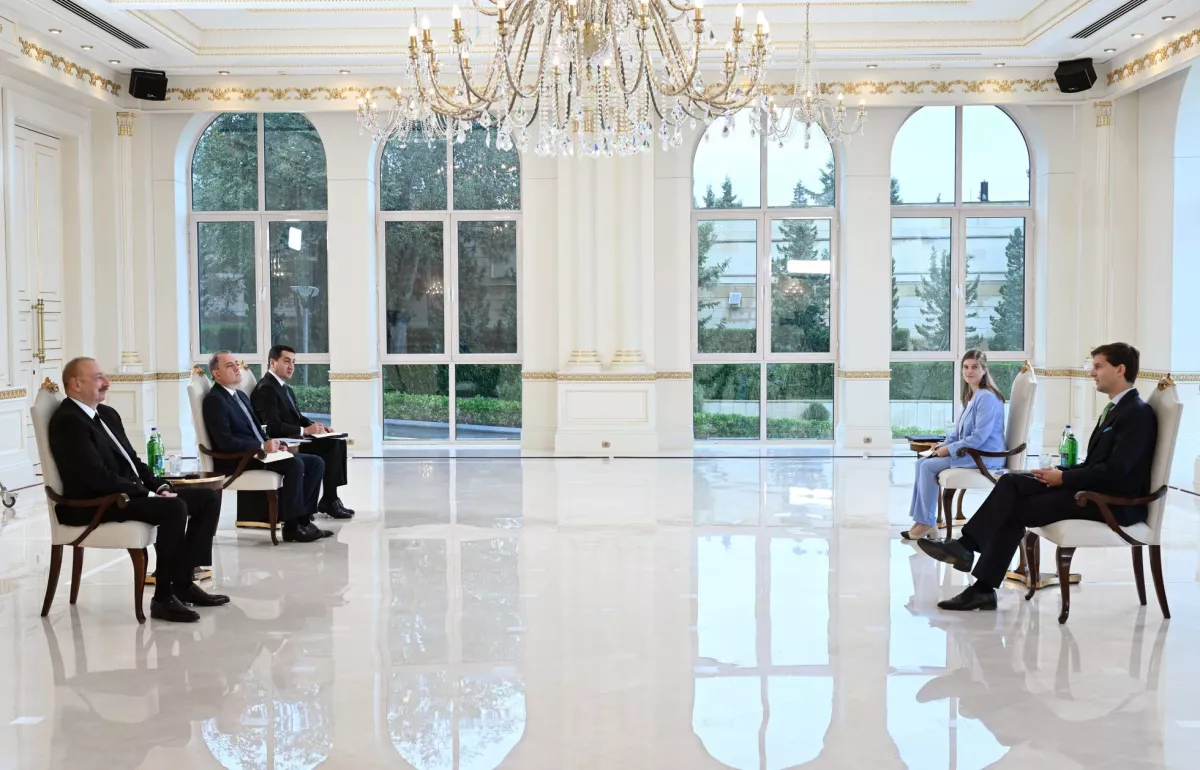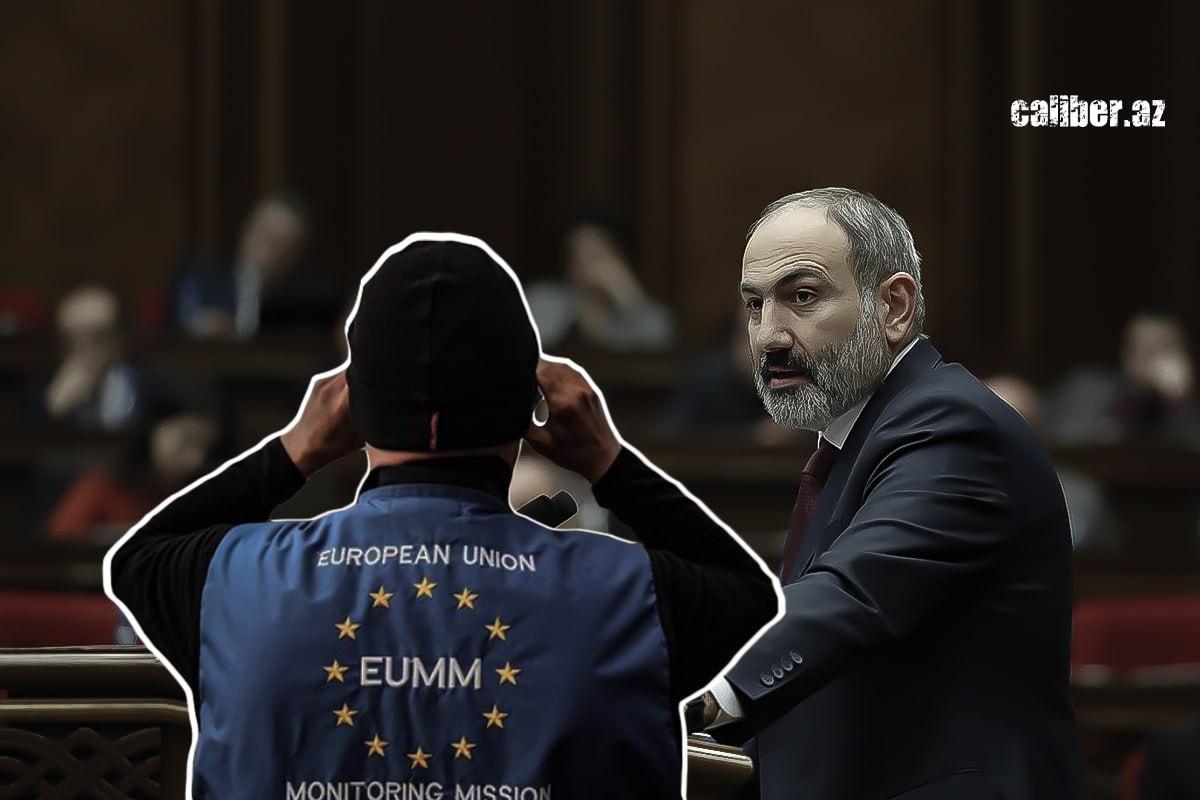Points of distrust in Azerbaijani-Armenian peace process Simonyan’s claims under fire
The Chairman of the National Assembly of Armenia, Alen Simonyan, made a rather curious statement on October 15. Speaking during a debate at the 149th assembly of the Inter-Parliamentary Union in Geneva, he said the following: "The time to make peace has come; the time for peace is now. We invite Azerbaijan to muster the political will to seize the moment and join us in making the possible real. Armenia, for its part, is ready to sign a peace treaty even today."
There's nothing new in these words—it's the same old narrative about how Armenians are supposedly peace-loving, while "bloodthirsty" Azerbaijanis refuse to make peace. However, the Armenian speaker added something more, saying: “In the context of the peace process that began in earnest months ago, Azerbaijan sought our agreement on five internationally recognized points. I am pleased to inform you that we have now reached a consensus on 16 points.”
Let’s remind readers that the latest version of the peace agreement indeed contains 16 points. As is known, last month, Nikol Pashinyan stated that "13 articles and the preamble are fully agreed upon. Three more articles, consisting of two sentences each, are partially agreed upon. One of the proposals in these articles is agreed upon, while the other is not." There is a general understanding that the main sticking point where an agreement has not been reached is Azerbaijan's demand for Armenia to remove territorial claims against Azerbaijan from its constitution. The Armenian side has consistently avoided addressing this demand. In short, Yerevan denies that there are territorial claims in the constitution and has insisted until recently on signing the agreement based only on the points that have been agreed upon by both parties. Baku rejects this stance, as these three points, particularly the one regarding the amendment of Armenia's constitution, are fundamental to future peace.

This position was reiterated just two days ago by the President of Azerbaijan, Ilham Aliyev. While receiving the credentials of the Extraordinary and Plenipotentiary Ambassador of Belgium, President Aliyev emphasized that all points of the peace agreement are of equal importance and cannot be separated from one another. He also found it strange and unrealistic for the Armenian government to propose " sign what has been agreed upon so far and leave the unagreed provisions for the next stages." The President added that he is not aware of any precedent for such an approach.
So, it comes down to one of two possibilities: either the parties have truly achieved a remarkable breakthrough in negotiations over these past few days, or Simonyan is presenting what he wishes to see as reality.
It’s important to note that official Baku had not responded to Simonyan's remarks by the time this article was published. However, given Pashinyan's team's tendency for verbal gymnastics and number manipulation, a later clarification from Simonyan could suggest he was referring to the agreement of abstract principles rather than the specific points of the peace agreement itself.
Meanwhile, an interesting piece of news has emerged from the publication Hraparak. According to them, "Armenia plans to satisfy another demand from Azerbaijan and will not extend the mandate of the EU observer mission in the country." The newspaper further notes that "official confirmation of this information has not yet been received, as the Ministry of Foreign Affairs and the observer mission have not provided comments. The observers arrived in Armenia in 2023 for a two-year term, which expires in February 2025. If the Armenian authorities do not apply for an extension, the mission will conclude its work."

If this proves to be true, it would indicate a shift from Yerevan toward addressing Baku's legitimate demands. While the activities of the observer mission are not explicitly outlined in the peace agreement, they contribute to a generally negative atmosphere for negotiations. It is no coincidence that President Aliyev raised this issue during his meeting with the Belgian ambassador.
However, both the reports from Hraparak and Simonyan's statements from official Yerevan are cause for suspicion. A sudden shift in the Armenian authorities' position would be unusual, especially at a time when military cooperation with Western countries and the militarization of Armenia are accelerating. In any case, as previously noted, due to the numerous precedents of ambiguity in statements made by official Yerevan over time, it will only be possible to determine if any real progress has occurred in negotiations after some time, particularly if and when the parties formalize these agreements on the ground.








